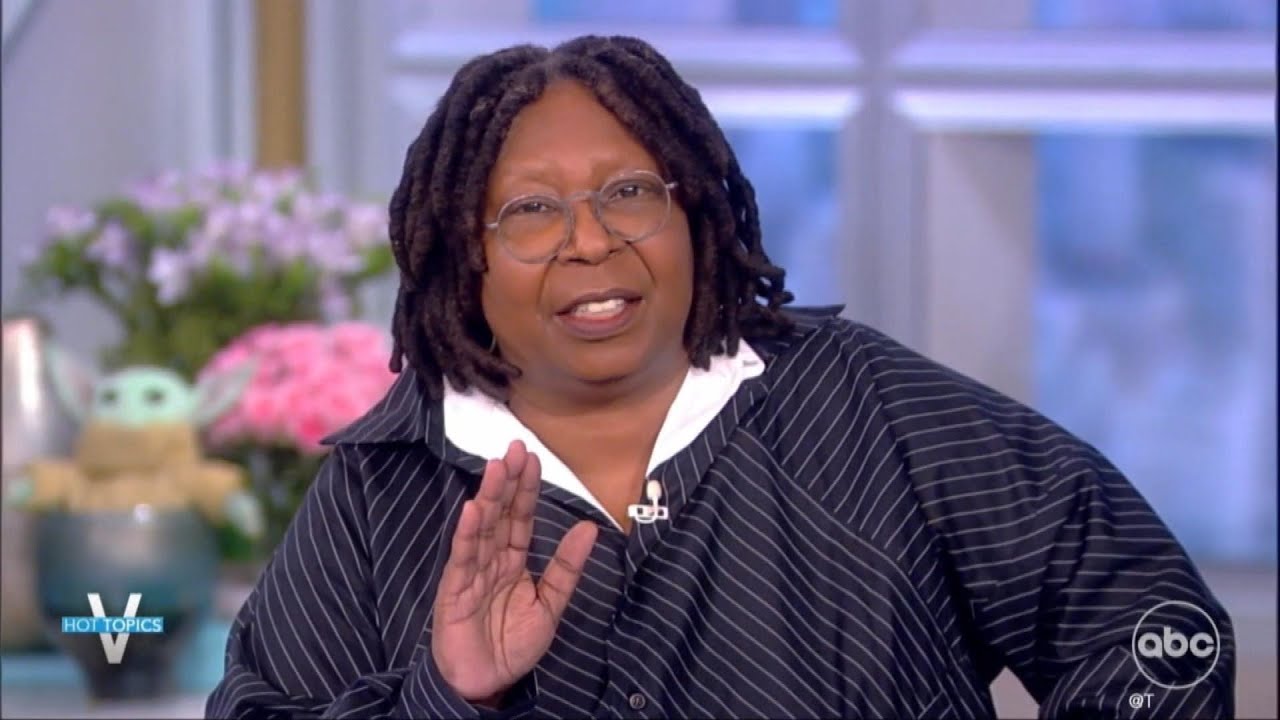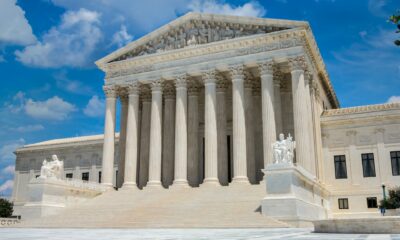Latest News
January 1, Marriage Age Hypocrisy: Virginia’s Inconsistent Approach to Protecting Minors

Virginia state legislators are currently considering a bill that would set the legal marriage age at 18 without exception. Under existing law, children aged 16 and 17 can marry in the commonwealth with certain exceptions. However, child marriage is not a widespread issue in Virginia, with only 27 minors marrying since 2019.
Josh Hetzler, legislative counsel for the Family Foundation, and others argue that there are valid reasons to object to this bill, with teenage pregnancy likely being a significant concern. While protecting children is a noble goal, there are logical inconsistencies in the legislators’ zeal for safeguarding minors.
Central to this debate is the question of when a child is mature enough to make adult decisions. Virginia’s age of consent is 18, which aligns with the proposed marriage bill. If an adult engages in sexual relations with a minor, they can face criminal prosecution. However, Virginia also has a “Romeo and Juliet law,” allowing children aged 15 to 17 to have consensual sex without fear of criminal prosecution.
This means that two teenagers can legally conceive a child together, but under the proposed marriage legislation, they would not be allowed to marry immediately, even with parental support. Virginia’s abortion law adds further complexity to the situation. It requires a parent, grandparent, or adult sibling living with the minor to grant permission for an abortion. However, Planned Parenthood points out a legal loophole where a judge can excuse a minor from this requirement and even offers resources to help minors navigate the judicial bypass process.
Virginia has laws in place to prevent minors from purchasing tobacco, alcohol, or marijuana, and to protect children under 18 from getting tattoos or body piercings. In 2023, Virginia senators considered a bill to prevent minors from undergoing permanent transgender-related surgeries, but the Education and Health Committee voted against it. Concurrently, Gov. Glenn Youngkin’s (R-VA) administration issued Model Policies for Virginia’s public schools in 2023, stipulating that parents must be notified and grant permission if their children wish to change gender identities in school.
Despite this, many Democratic-majority school boards and liberal superintendents in Virginia have issued defiant statements, refusing to follow the updated guidelines. This means that children as young as five years old can change their gender identities without their parents’ knowledge or consent in these districts. These are significant decisions that Virginia’s schools are allowing young children to make without parental permission.
However, according to the state House and Senate, marriage appears to be the most significant threat to childhood innocence, not body-altering surgeries, social gender transitions, pregnancies, or abortions. If Virginia’s legislators genuinely want to protect children’s innocence, there are better ways to do so than targeting the few exceptions to minors’ marriage laws.
Stephanie Lundquist-Arora is a contributor for the Washington Examiner, a mother in Fairfax County, Virginia, an author, a member of the Coalition for TJ, and the Fairfax chapter leader of the Independent Women’s Network.
Why It Matters (op-ed)
Virginia’s proposed marriage bill is a misguided attempt to protect minors. While setting the legal marriage age at 18 may seem like a noble goal, it ignores the inconsistencies in the state’s existing laws regarding teenage pregnancy, abortion, and gender identity.
Instead of focusing on the few cases of child marriage, lawmakers should address the more pressing issues of body-altering surgeries and social gender transitions, which are allowed without parental consent in some Virginia schools. The state’s legislators must prioritize the true threats to childhood innocence and develop more comprehensive policies to protect minors.
As our loyal readers, we encourage you to share your thoughts and opinions on this issue. Let your voice be heard and join the discussion below.

-

 Entertainment2 years ago
Entertainment2 years agoWhoopi Goldberg’s “Wildly Inappropriate” Commentary Forces “The View” into Unscheduled Commercial Break
-

 Entertainment1 year ago
Entertainment1 year ago‘He’s A Pr*ck And F*cking Hates Republicans’: Megyn Kelly Goes Off on Don Lemon
-

 Featured2 years ago
Featured2 years agoUS Advises Citizens to Leave This Country ASAP
-

 Featured2 years ago
Featured2 years agoBenghazi Hero: Hillary Clinton is “One of the Most Disgusting Humans on Earth”
-

 Entertainment1 year ago
Entertainment1 year agoComedy Mourns Legend Richard Lewis: A Heartfelt Farewell
-

 Featured2 years ago
Featured2 years agoFox News Calls Security on Donald Trump Jr. at GOP Debate [Video]
-

 Latest News1 year ago
Latest News1 year agoNude Woman Wields Spiked Club in Daylight Venice Beach Brawl
-

 Latest News1 year ago
Latest News1 year agoSupreme Court Gift: Trump’s Trial Delayed, Election Interference Allegations Linger
Lisa Grondy
February 19, 2024 at 7:29 pm
Just One More Reason For Home Schooling.
Donald R Cook
February 19, 2024 at 11:56 pm
under no circumstances should a Child be allowed to go against their Parents